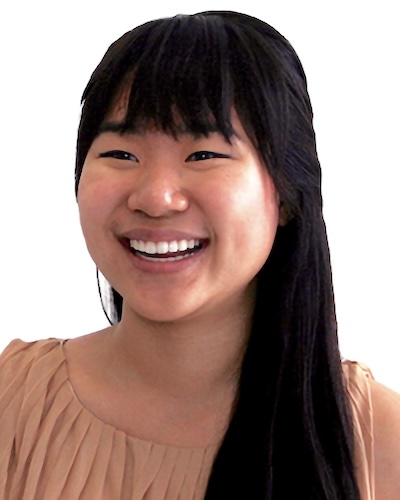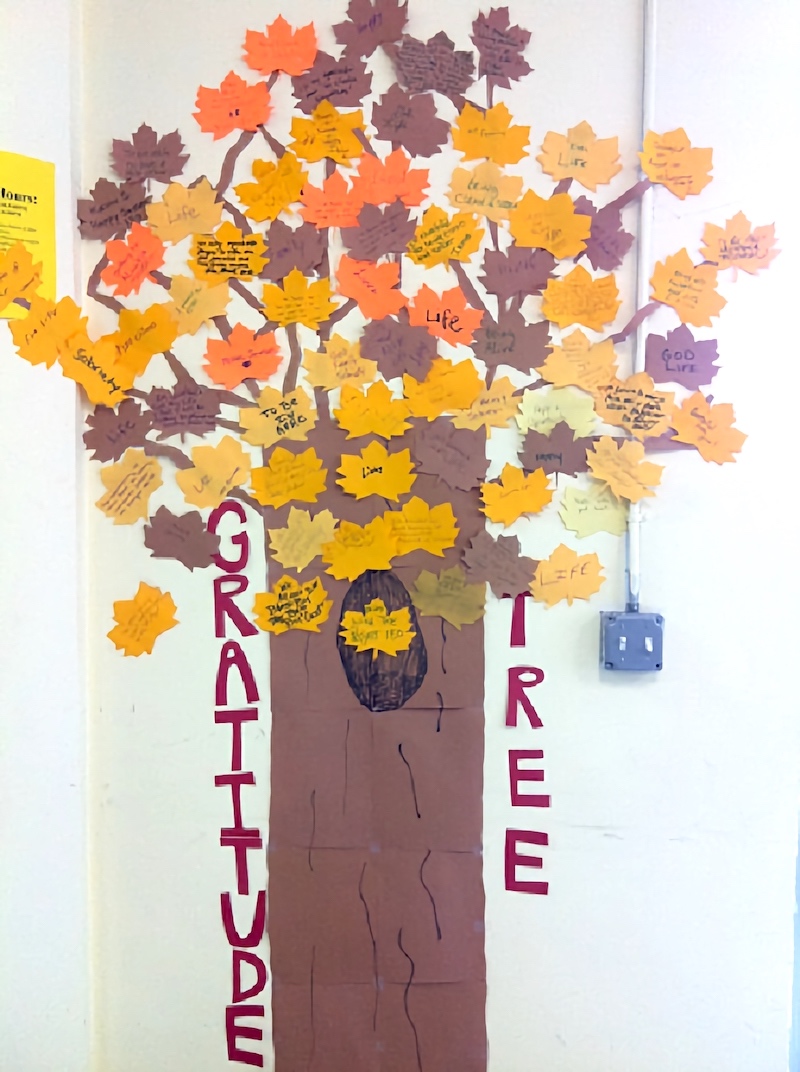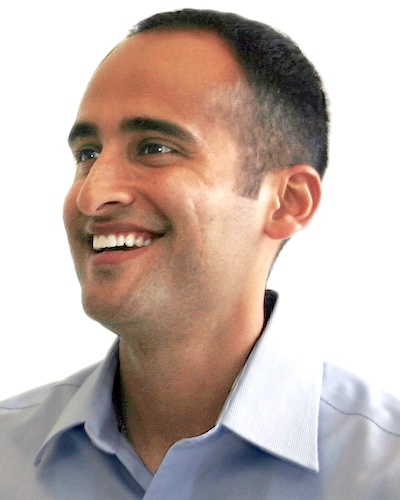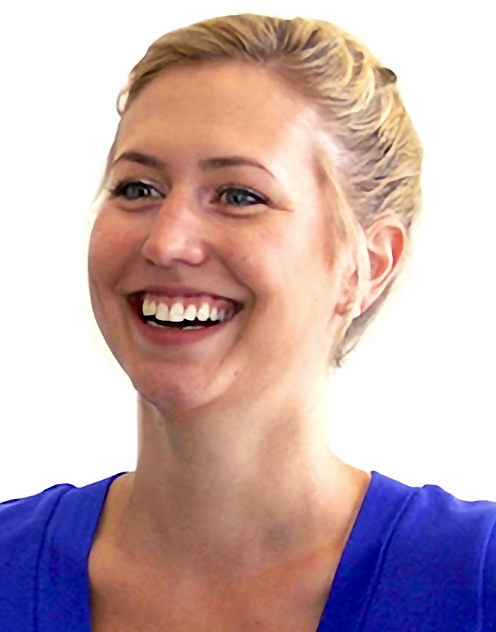Student Blog
Fieldwork

Last day of fieldwork ⟩
November 27, 2012, by Alisa
Fieldwork What are OS/OT?
I had just finished my last Level I fieldwork. The last day we bought the staff donuts, and all was good. As I reflect on my fieldwork experience, some of the highlights were helping to create a gratitude tree and helping clients and staff to reflect on what they are thankful, coordinating The Price is Right trip as a fundraiser for the organization, and helping clients create resume. There is no doubt that a resume is important; we are often judged by what’s on paper even before we get a chance at an interview. I feel that I’ve empowered my clients to believe in themselves, identify their strengths and work experience, and pretty much sell themselves on paper. Some of clients that I worked with told me: “I’m going to go home and frame the resume” and “I want ten copies of the resume, and I’m gonna post them up everywhere.” I could tell that I’ve helped them achieve a certain level of satisfaction and to be able to have a physical copy of our work gave it more meaning to them. Their hard work have amounted to something tangible, my present to them.
At first I wasn’t sure where I would fit it to the setting since there are no occupational therapists at the site, but as time passed by, I learned to be helpful and take more initiative. I didn’t mind being a generalist, helping out around the office and mingling with clients in the lounge. There’s something about hearing people stories that fascinate me. I am helping them engage in occupational storytelling, reflecting on their past and current occupations, in order to better understand and help them create a new occupational identity. Specifically to this site, clients are working toward education/employment. Occupational therapists can work with this population in order to facilitate that, and I feel that I’ve learned a lot from this site. It has made me better understand the client population, who has a diagnosis of mental health disorder and substance abuse disorder, and feel more equipped to work with them. I could see myself working in mental health. What about you? Which population do you see yourself working with?

Gratitude tree
⋯

First Session ⟩
November 1, 2012, by Ricky
Fieldwork What are OS/OT?
So, I am currently doing my Pediatric rotation (immersion). Yesterday, I had my first shot at conducting an intervention session. To this point, I had been mostly observing. I have had opportunities to interact with the children, but now, the pressure was on to apply the stuff I have been learning and make the interaction purposeful. My fieldwork educator (FE) had asked that I prepare an intervention plan for a particular child — that had been a few weeks ago. I was actually supposed to do the session last week, but I got sick (honestly, I wasn’t stalling . . . didn’t want to get the little man sick). Anyhow, my session was pretty well-planned, but MAN! It turned out to be a lot more difficult than I expected. I mean, I can interact and play with kids like nothing, but making the interaction therapeutic is really tough. Plus, I have volunteered/worked at a pediatric therapy clinic that operates quite similarly to this place. So, it was a little frustrating when things weren’t flowing as I had hoped. It also didn’t help that the kid’s mom, my FE, and the new OT were all observing me. Needless to mention, things got off to a rocky start and there was a lot of awkward silence. I tried to remind myself that our therapeutic relationship was still new and developing. I tried to let loose and focus more on connecting with the little guy — establish and maintain joint-attention. Things progressed slowly, but they progressed, nonetheless. My therapy plan didn’t completely go out the window, but I definitely made adjustments. Towards the end, things seemed better, and the last 10 minutes or so went by a lot faster. When we were all done, I told my little client, “we survived!” We both took a deep sigh of relief and gave each other a high-five. Haha, he was a good sport. My FE was great at providing feedback and reassured that each session would get easier. I feel like I need tons more experience, but I now there’s light at the end of the proverbial tunnel here. I’m pretty stoked that things started to become more natural later in the session, because I am actually trying to work with kids, upon graduation. This was a relief. Overall, it was a great experience: it was hard and awkward, but I was not defeated. I’m not dreading the next one. I’ll let ya’ll know how it goes in 2 weeks when I try my plan again. Also, I think I need to learn how to sing . . .
⋯

Jack of all trades ⟩
October 19, 2012, by Alisa
Fieldwork What are OS/OT?
Last week I had my full week of fieldwork. It was nice to take a break from class, but I do like being in class and seeing my fellow students! Oh, boy, I can’t believe we’ve been in the same cohort for a year now. Time quickly flies. I’m sure you can attest to this. So, fieldwork started slower at the beginning of the week, but gradually gained momentum by the end of the week. I feel that I’ve been fortunate to have liked all my fieldwork experiences so far, and I feel that it won’t make it easier for me to decide which area I want to specialize in. Maybe, I’ll specialize in being a jack of all trades. Imagine that on a business card.
By the end of the week, I had my own clients and was writing billable notes! I’m doing fieldwork at a forensic treatment agency, and I work hand-in-hand with the Employment/Education Specialist. I have helped clients with writing a resume, filling out an application, searching for jobs online, and advising them on transferring to a 4-year university. At the end of the day, I felt that I’ve helped my clients to progress toward their employment/education goals.
I also got to meet a lot of people during the full week. There were about a dozen Social Work interns, 4 OT interns, and 2 Homeboy Industries interns (imagine having to fight for the computers or how crowded the meetings would be!). My site really fosters students’ learning and growth. I really felt that everyone works together as a team here. It’s multidisciplinary, yet unifying since we work for the clients and have their best interests in mind. By the end of the week, the office had a pizza and pastry party, and my life was content. Some of the other highlights during the week were successfully coordinating a recreational activity for clients and alumni to go to a taping of The Price is Right as a fundraiser, participating in the Mindfulness group and Moral Reconation Group, and getting ramen during lunch in Little Toyko. I enjoyed the experiences.
I’m thankful for the opportunities given to me, all the people I’ve come across, all the support from my professors, family, and friends. Without them, there would be no me. Until next time, have a great weekend!
⋯

Feeling a little overwhelmed? ⟩
October 18, 2012, by Ricky
Fieldwork School/Life Balance What are OS/OT?
So I was looking at my calendar the other day. I got a lotta things on my plate right now. I am a full-time student, I have a part-time internship, I have a part-time job, and I’m planning a wedding. It also doesn’t help that I live in the Inland Empire, go to school in LA, intern in Whittier, and my fiancée lives in Bellflower. Each day is different and I have had to get creative with my commute to save time and money. But you know how they say, “there’s always gonna be someone who has it worse than you do.” Some people in my class have it pretty rough too. I know this woman who is a mother of 3 and commutes from South Orange County. The life of a grad student is no joke. I get angry when people look at me as if to think “oh, your life is cake,” when I tell them I’m a student. “Trust me, I’d much rather have a 9-5 schedule, buddy,” is what I’m thinking, haha. But anyhow, it begs the question, “why do we do it?” Well, as for me, it’s because I believe in OT. Each fieldwork experience, I meet individuals whose lives have been improved because of OT. They tell me themselves. Like the lady at the rehab hospital who leaned over to me during her OT session and said that in her eyes, her therapists were angels. Or all the parents at the SI clinic who keep telling me that their little one wasn’t able to do this or that, until he/she had started OT. This stuff changes lives. That’s my motivation. I want to be the best OT I can and help as many people as possible, but even if I just help one person in the profound manner that I have seen at fieldwork, that would be worth it.
I want to give a shout-out to the guy I met at the OTAC conference, who said he reads this blog to stay motivated as he completes his prereqs to get into OT school. Bro, I’ve been there, and that can be just as rough (or more). Trying to get the classes is a feat in itself. I’m sure many of you prospective students are juggling jobs, parenthood, and a whole variety of responsibilities. To all of you, stay up and keep at it. I am pretty busy right now, but I don’t regret it one bit. Being here feels right . . . like I’m supposed to be here. I love me some OT.
I say we all pat ourselves on the back.
⋯

‘Real’ life as an OT ⟩
October 17, 2012, by Kendra
Fieldwork What are OS/OT?
Last week was our full week of fieldwork, and while difficult and overwhelming at times, I always find these full weeks invigorating and a well-timed reminder of why I’m going into occupational therapy at all. While in school our lives are determined by case studies, readings, and exams. Life between September and December depends on being able to stay afloat, manage the stress load, and make the grade. Essentially, each fall and spring our life is completely consumed with being a student.
What is especially exciting during these full week immersions, is the ability to play the part of worker, wife, mother, housekeeper, cook, and experience what life will be like outside of school!
When I was in theater school my life consisted of auditions and memorizing monologues for comedy or Shakespeare classes, and I thrived. But when I graduated and was released into the wild world of acting I felt unprepared and was disappointed by the stark contrast between school and the big bad real world. For the longest time I shook my fist at the establishment that trained me for helping me become a better artist but never preparing me for the business and self-promotion aspect that is just as important, if not more, to establishing a career as an actor. Basically no one ever told me what daily life would be like.
This is why experiences like last week are so very valuable, not just in gaining clinical experience, but in having the chance each semester to try on the role of pediatric OT, acute inpatient OT, and mental health OT. We can see how well we fit (or don’t fit) into the daily grind of working in each setting. We can learn first hand how work effects our relationships, coping skills and leisure time. We experience what the stress of one setting is like compared to others and build not just skills but a realistic understanding of what the job will be like.
So as I transition back to my role of stressed out student, I feel refreshed and confident knowing that all this hard work is leading me to a fulfilling and inspiring lifetime in occupational therapy.
⋯





